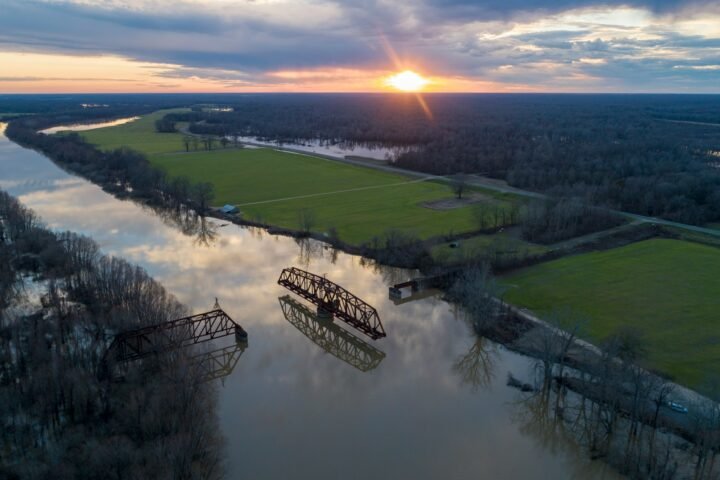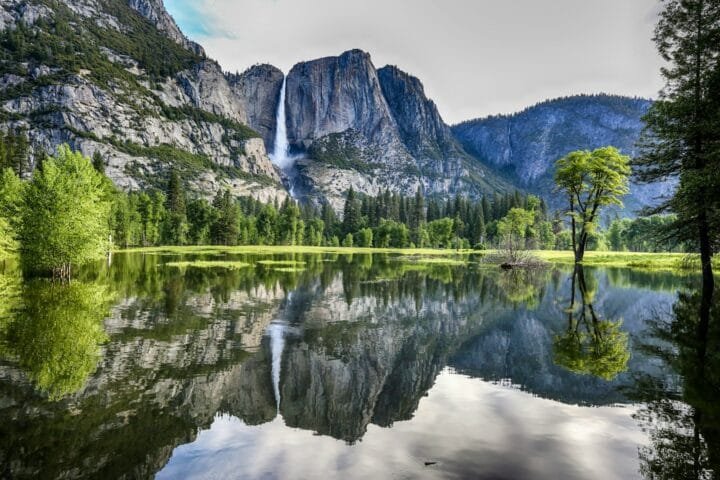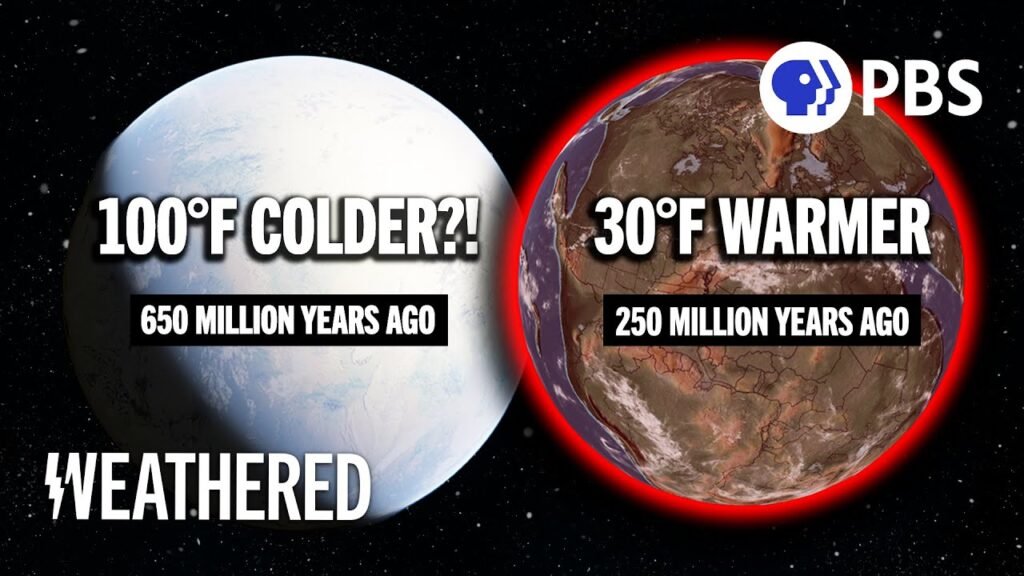What is the true value of a honeybee? A mountain stream? A mangrove tree?
Gretchen Daily, cofounder and faculty director of the Stanford Natural Capital Project, has dedicated her career to answering such complex questions. Using emerging scientific data and the project’s innovative open-source software, Daily and her team help governments, international banks, and NGOs to not only quantify the value of nature, but also determine the benefits of conservation and ecosystem restoration.
This marriage of ecological and economic concerns may seem an unusual one to some. But to Daily, it’s a union as natural as the planet’s ecosystems themselves.
Daily completed her doctoral work in ecology at Stanford during the 1990s. It was, she says, a revolutionary time for interdisciplinary approaches to both economic and ecological crises. Spurred by a summit hosted by the Royal Swedish Academy of Scientists, ecologists and economists began coming together for the first time to consider the benefits of a joint approach to developing economic and environmental policy.
“For so much of our history, humanity had operated under the assumption that nature was infinite,” says Daily. “We knew that collapses of civilization were at least in part because of the destruction of the local environment, but nobody thought that could happen at a planetary scale.”
“Many of us finally began to see that, fundamentally, environmental problems are economic and social problems. We cannot maintain the vitality and security of the biosphere without valuing nature.”
Gretchen Daily
Global climate change and its myriad impacts changed all that. “That crisis forced us all to rethink the assumptions on which economic systems operate,” she says. “It also revealed the frailties in different lines of inquiry that have built up for decades and even centuries.”
[...]
Read the full post at MIT Technology Review.





